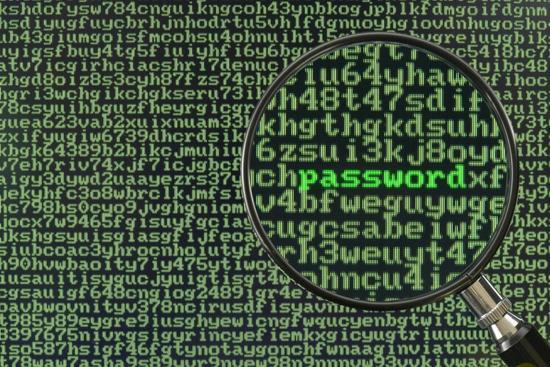
Hacking, exploits, and malware are all components that compromise the security that we so desperately seek in the private lives within our gadgets. Passwords, face recognition, and PIN numbers are on the defense, and most of the time they aren’t enough to deter a determined hacker on the prowl. While security will always be an important feature to most, with modern and future developments it will only get harder to actually say that something is “secure”, and it’s been proven several times over.
Recently we discovered companies like Apple, Facebook, and even Microsoft claim to have been hacked through malware placed in employee computers. This just proves that nobody is safe, and in a world where there seems to be more information than ever floating around, safety is becoming increasingly important. If Apple, Facebook, and Microsoft can be hacked then what makes us any less susceptible? Well, fortunately most of us don’t have an entire company resting in the palm of our hands, so that helps, but regardless we still consider our own information valuable and who knows? Somebody out there may want to get ahold of that information.
Hacking is a very profitable profession if you know how to do it right, and people will do whatever it takes to make sure they earn that maximum potential. There’s a lot of opportunity out there for a hacker in this day and age, which means that the hacker that wants a more local challenge would likely be targeting people like me and you. So what is an unsuspecting person supposed to do in a situation like that? Is a PIN or a password really enough to protect your information? Maybe if you’re lucky enough to run into a rookie, but likely the hacker is looking for a way to get into your phone rather than just take the device and run off – otherwise he’d be a thief, not a hacker, and that’s an entirely different set of problems altogether.
The best thing you can do as an innocent bystander is to just keep your phone as clean as you can. Of course you’re going to have some personal info in your gadgets like your name, probably an address of some kind. But if you’re determined to make sure that absolutely nobody gets ahold of your financial information, keep the finances out of the device. Go the traditional route and use pen and paper, or keep the finances tucked away on a computer at home – mostly safe from harm’s way. That goes for any other important information as well – if it’s really important and you don’t want anyone outside of trusted individuals to have access to it, it’s better left at home.
There’s not going to be any surefire way that your accounts or gadgets won’t get hacked unless you simply don’t own them, but if you didn’t own any you probably wouldn’t be on this website in the first place unless you’re very bored or perhaps looking into joining the smartphone world – in which case I apologize because I’ve probably just scared you right out of that idea with this article. You know what they say, “There’s no tablet like a stone tablet to keep your information safe!”
I just don’t like reading about big name corporations, which have the means to keep their information confidential, getting hacked and can’t really do much about it. Apple signaled that no company was safe getting hacked, but really it’s a message that nobody is safe from getting hacked – even if you’re just an individual with no real ties to anything huge. We’re all susceptible to malicious attacks, no matter how big or small, and it’s always good to take as many precautions as you can in order to keep your information as private as you can.
Image via Blogspot